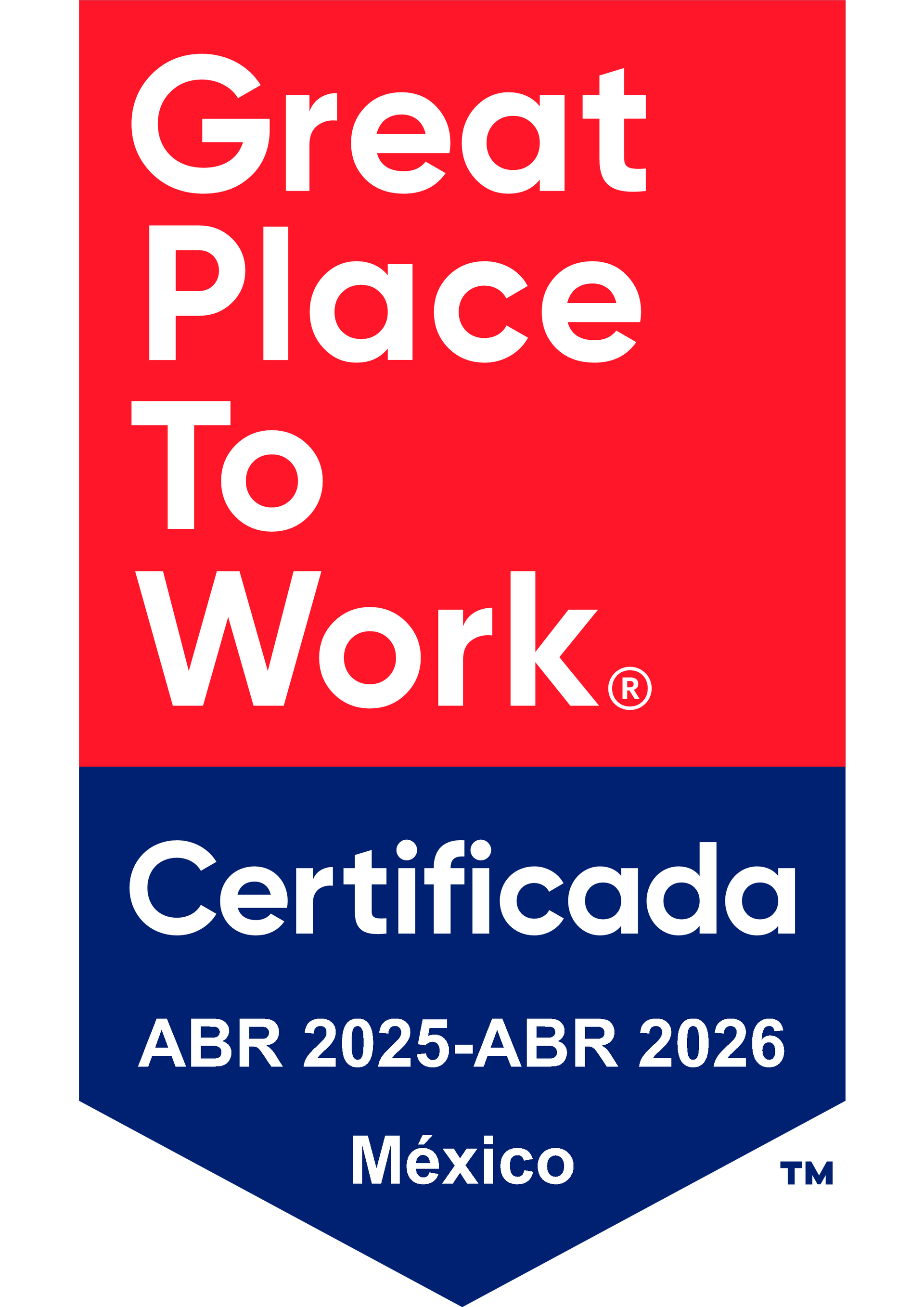2025 Trends in Remote Work
How does remote work look in 2025?
Remote work continues to evolve: diverse skill sets are becoming an asset, reskilling, upskilling, and continuous learning are on the rise, new ways to create “culture” at work are emerging, and there is a growing emphasis on hiring people with both hard and soft skills.
Advances in communication technology and internet access have made teleworking a widely accepted practice in offices across the U.S. and around the globe. Remote work isn’t limited to home offices—many professionals choose to work from coffee shops, coworking spaces, or even while traveling the world, all while staying on track with their career goals.
With 2025 bringing significant shifts in both technology and employee expectations, here are key trends to anticipate this year:
- Advancements in AI and Automation – The integration of artificial intelligence and automation is streamlining workflows, enhancing productivity, and supporting remote collaboration.
- Increased Demand for Flexibility and Autonomy – Employees are seeking greater flexibility in their work arrangements, valuing autonomy and work-life balance, which influences employer policies.
- Focus on Diversity and Inclusion – Remote work is expanding opportunities for diverse talent pools, prompting organizations to prioritize inclusive practices and equitable access.
- Enhanced Remote Access and Support Technologies – The development of robust remote access tools ensures secure and efficient connectivity, essential for maintaining productivity in decentralized work environments.
- Emphasis on Employee Well-being and Work-Life Balance – Organizations are recognizing the importance of supporting employee well-being and implementing policies that promote a healthy work-life balance. Mental health days off are among wellness trends, and it’s time to prioritize mental well-being.
- Results-Oriented Work Environments – There is a growing emphasis on measuring employee performance based on outcomes rather than hours worked, fostering a more flexible and efficient work culture.
- Investment in Employee Training and Development – Employers are investing in training programs to equip their workforce with the necessary skills to thrive in a remote or hybrid work environment, ensuring adaptability and continuous growth.
- Skills-Based Hiring – Recruitment practices in 2025 reflect a shift as employers focus on candidates’ competencies rather than formal credentials. This change addresses the limitations of degree-centric hiring and helps tackle ongoing talent shortages.
2025 presents a pivotal year for companies to adapt and thrive in a changing landscape. From leveraging advancements in AI and automation to fostering flexibility, inclusivity, and employee well-being, businesses must embrace these trends to remain competitive. The shift towards skills-based hiring and outcome-focused work environments highlights the importance of aligning workforce strategies with modern demands.
Investing in strong remote access tools, employee training, and development will ensure teams stay agile and prepared for the future. By prioritizing innovation, culture, and adaptability, companies can unlock the full potential of remote work while creating opportunities for growth and success.
Ready to future-proof your business for the evolving world of remote work? Partner with Gordian Staffing to build a resilient, flexible, and innovative workforce.












